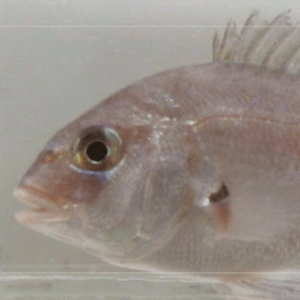[OPEN ACCESS] Fisheries Science, vol. 81, no. 1, 1-9 (2015)
Recreational fisheries in the USA: economics, management strategies, and ecological threats
By Prof. Robert M. Hughes (Oregon State University)
Fisheries Science, vol. 81, no. 1, pp. 1-9 (2015)
Abstract
Recreational fishing has a long history in the USA, developing from the subsistence fisheries of Native Americans together with a partial subsistence fishery of later immigrants. Marine, diadromous, and aquatic taxa are targeted, including both vertebrates and macroinvertebrates. This paper defines recreational fishing, describes the main fishing techniques, identifies target taxa by region, summarizes the socio-economic values of recreational fishing, and discusses management strategies and major ecological threats.
Prof. Robert M. Hughes is a former president of the American Fisheries Society (2014). As an academic exchange activity between the AFS and the JAFS, he gave a presentation on this subject at the JSFS spring meeting in March 2014. His academic interests are to assessing the ecological integrity of lakes, rivers, and streams at regional scales through surveys of multiple assemblages, physical & chemical habitat, and the quality of conditions for catching fish, and to develop quantitative biological criteria and classifications for aquatic systems.
This article publication is sponsored by the Japan Society for the Promotion of Science (JSPS) in a Grant-in-Aid for Publication of Scientific Research Results (KAKENHI 262003).
The authors and subjects of this publication project are selected by the Editorial Board of the Japanese Society of Fisheries Science for the purpose of distributing thoroughly useful research works in aquatic biological sciences mainly in Japan but hoping to eventually inspire worldwide interests.


